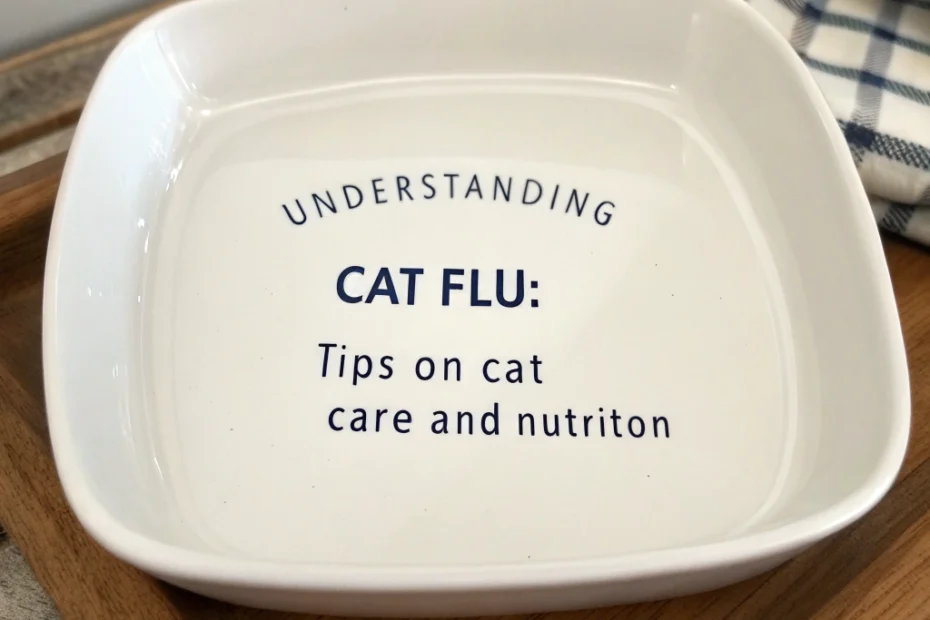At-a-Glance
Cat flu is a common term for upper respiratory infections in cats, often caused by viruses such as feline herpesvirus and feline calicivirus. Recognizing the signs and understanding treatment options are key to ensuring your feline friend recovers quickly. Symptoms may include sneezing, nasal discharge, and fatigue.
How to Choose
When your cat is feeling under the weather, it’s crucial to select the right food and treats to help them recover. Opt for nutrient-rich, easily digestible foods. Consider wet food, which can be more palatable and help with hydration. Foods containing antioxidants and omega fatty acids can support their immune system.
Safety & Setup
Creating a comfortable environment for a sick cat is important. Ensure their rest area is warm and quiet, away from drafts. Always provide fresh water and ensure food bowls are clean to prevent further infection. Avoid stressors, as stress can exacerbate symptoms of cat flu.
Core Pillars
Focus on the core pillars of cat wellness: nutrition, hydration, comfort, and hygiene. Balanced nutrition supports recovery, while hydration is crucial for flushing out toxins. Comfort ensures your cat can rest properly, and hygiene helps prevent secondary infections.
Placement & Environment Tips
Keep your cat indoors during recovery to prevent the spread of infection to other cats and protect them from environmental stressors. A sunny spot can encourage relaxation and healing. Ensure litter boxes are conveniently placed and cleaned regularly.
Comparison with Alternatives
While medication is often necessary for treating cat flu, dietary support plays a crucial role. Compare regular cat food with specialized recovery diets; the latter often contains higher levels of essential nutrients and is more palatable for sick cats. Always consult your veterinarian for recommendations.
FAQs
What causes cat flu?
Cat flu is primarily caused by viral infections such as feline herpesvirus and calicivirus.
How long does cat flu last?
Symptoms usually last for a few weeks, but some cats can be carriers for life.
Can vaccinations prevent cat flu?
Vaccinations can significantly reduce the risk of infection and lessen symptom severity.
What to Do Next
If you suspect your cat has cat flu, consult a veterinarian promptly. Follow their guidance regarding medication and care. Focus on providing a supportive environment and optimal nutrition to aid recovery. Monitoring your cat’s progress and adjusting care as needed is essential for their health and well-being.
Disclaimer: Always consult your veterinarian for personalized advice regarding your cat’s health.
